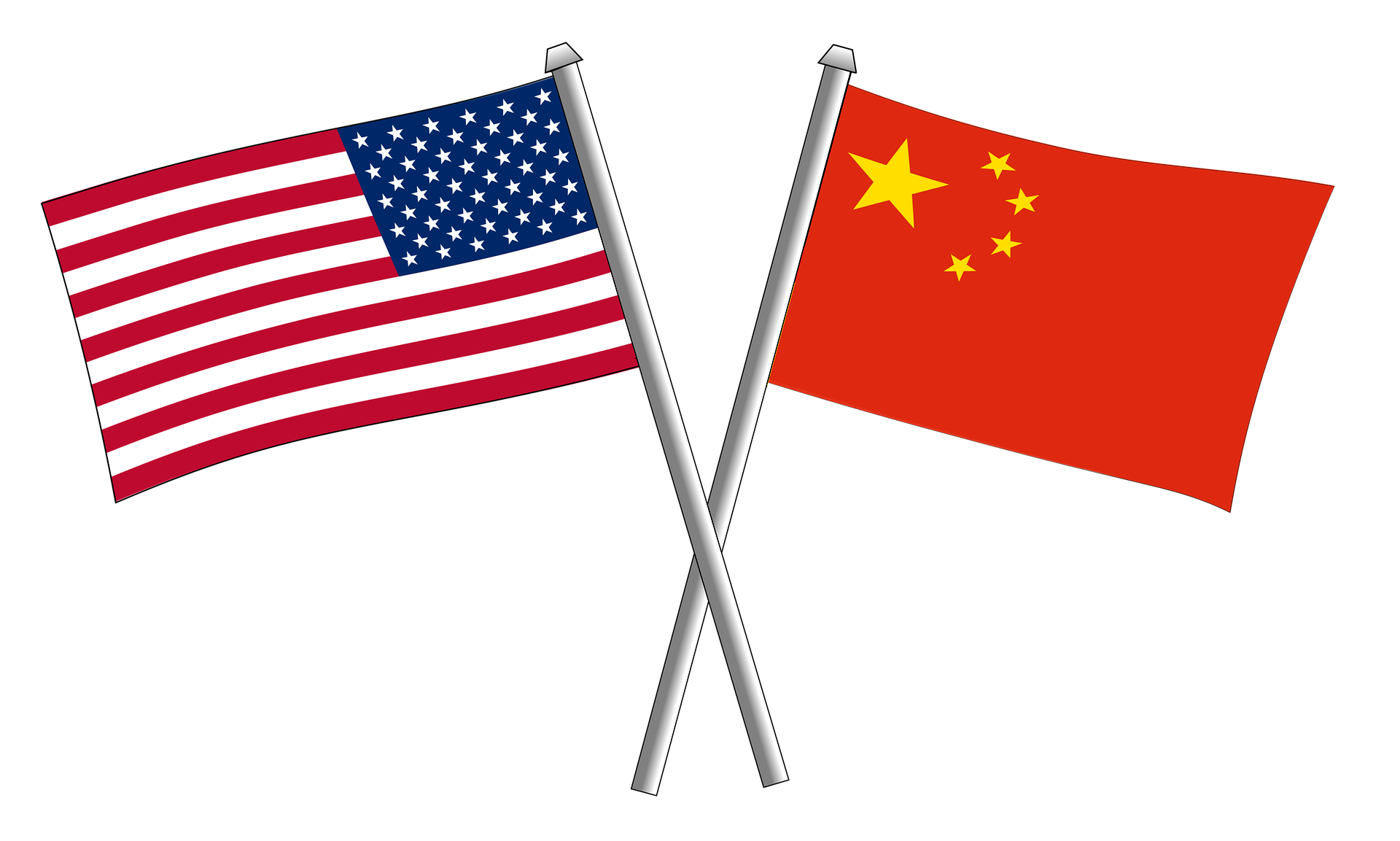
403
Sorry!!
Error! We're sorry, but the page you were looking for doesn't exist.
China imposes sanctions on American army-industrial complex
(MENAFN) China has imposed sanctions on six American military-industrial companies for their involvement in weapons sales to Taiwan, according to a statement from Beijing's foreign ministry on Friday. The ministry condemned the recent United States decision to sell arms to Taiwan, asserting that it severely violates the one-China principle and undermines China's sovereignty and territorial integrity.
As a consequence of this move, China will freeze all assets belonging to the sanctioned companies: Anduril, AEVEX Aerospace, LKD Aerospace, Maritime Tactical Systems, Pacific Rim Defense, and Pinnacle Technology. In addition, five executives from Anduril and AEVEX have been personally sanctioned, meaning that Chinese nationals and residents are prohibited from conducting business with these companies, and their employees will face visa restrictions for entry into China, including Hong Kong and Macao.
These six firms primarily produce drones—both aerial and maritime—as well as the necessary control systems. Last month, the United States government announced a deal to sell USD360 million worth of drones and related technology to Taiwan, further straining relations between Washington and Beijing. This isn't the first instance of sanctions, as China previously targeted Lockheed Martin, one of the largest defense contractors for the Pentagon, due to its involvement in the same drone deal.
The historical context behind the Taiwan issue is significant. After the Chinese Civil War ended in 1949, Chinese nationalist forces retreated to Taiwan, establishing the island as the stronghold of the Republic of China. For three decades, the US recognized this government until it shifted its recognition to the People's Republic of China in 1979 while maintaining the one-China principle. Despite this recognition, the United States has consistently supplied Taiwan with arms and military equipment to deter any potential invasion from the mainland. Furthermore, the United States sustains informal diplomatic and economic ties with Taiwan, a crucial supplier of semiconductors and chips for Western markets.
China's recent sanctions reflect ongoing tensions surrounding Taiwan's status and the broader geopolitical landscape in the region, highlighting the complex interplay between military actions, national sovereignty, and international relations.
As a consequence of this move, China will freeze all assets belonging to the sanctioned companies: Anduril, AEVEX Aerospace, LKD Aerospace, Maritime Tactical Systems, Pacific Rim Defense, and Pinnacle Technology. In addition, five executives from Anduril and AEVEX have been personally sanctioned, meaning that Chinese nationals and residents are prohibited from conducting business with these companies, and their employees will face visa restrictions for entry into China, including Hong Kong and Macao.
These six firms primarily produce drones—both aerial and maritime—as well as the necessary control systems. Last month, the United States government announced a deal to sell USD360 million worth of drones and related technology to Taiwan, further straining relations between Washington and Beijing. This isn't the first instance of sanctions, as China previously targeted Lockheed Martin, one of the largest defense contractors for the Pentagon, due to its involvement in the same drone deal.
The historical context behind the Taiwan issue is significant. After the Chinese Civil War ended in 1949, Chinese nationalist forces retreated to Taiwan, establishing the island as the stronghold of the Republic of China. For three decades, the US recognized this government until it shifted its recognition to the People's Republic of China in 1979 while maintaining the one-China principle. Despite this recognition, the United States has consistently supplied Taiwan with arms and military equipment to deter any potential invasion from the mainland. Furthermore, the United States sustains informal diplomatic and economic ties with Taiwan, a crucial supplier of semiconductors and chips for Western markets.
China's recent sanctions reflect ongoing tensions surrounding Taiwan's status and the broader geopolitical landscape in the region, highlighting the complex interplay between military actions, national sovereignty, and international relations.

Legal Disclaimer:
MENAFN provides the
information “as is” without warranty of any kind. We do not accept
any responsibility or liability for the accuracy, content, images,
videos, licenses, completeness, legality, or reliability of the information
contained in this article. If you have any complaints or copyright
issues related to this article, kindly contact the provider above.
















Comments
No comment